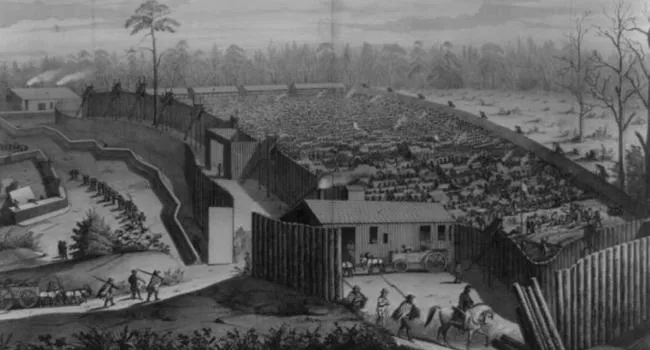
Present Day Ramifications | Walter Edgar's Journal
Episode
5
Audio
Dr. Thomas opines on how some ramifications from the Civil Still resonate in the present day.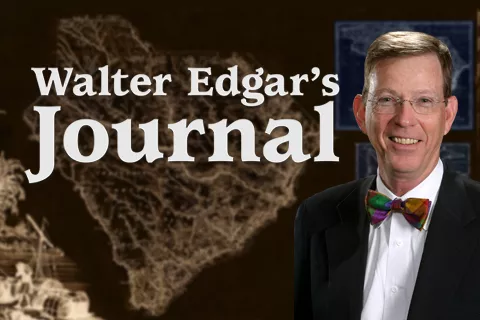
From books to barbecue, from current events to colonial history, Walter Edgar's Journal delves into the arts, culture, history of South Carolina and the American South. (A production of South Carolina Public Radio.)

Audio
Dr. Thomas opines on how some ramifications from the Civil Still resonate in the present day.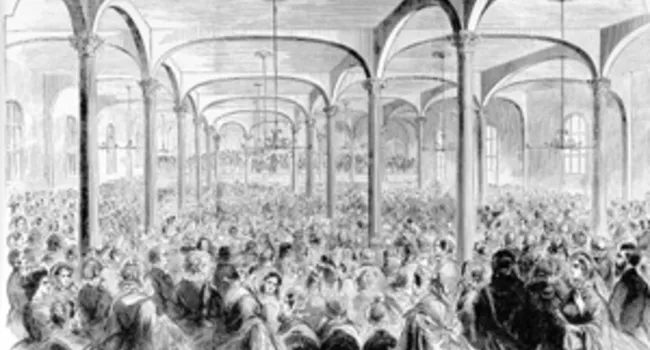
Audio
Walter Edgar and Dr. Walker analyze how civilians developed solutions for relief in wake of the Confederate government’s imposed income tax, and a law known as “The Tithe.”
Audio
In this segment, Dr. Thompson analyzes how songs composed during the war reflected Southern virtuosity: writing and naming songs for Confederate heroes.
Audio
With the integration of Jim Crow laws in the 1890’s, there was the integration of the “Colored State Fair.” Dr. Stroup discusses the history of the “Colored State Fairs”, and how different factions...
Audio
The Battle of Mobile Bay takes place during the 1864 election, which the Confederacy hoped to disrupt. Union Admiral David Farragut engaged Confederate Admiral Franklin Buchanan’s fleet, and scores...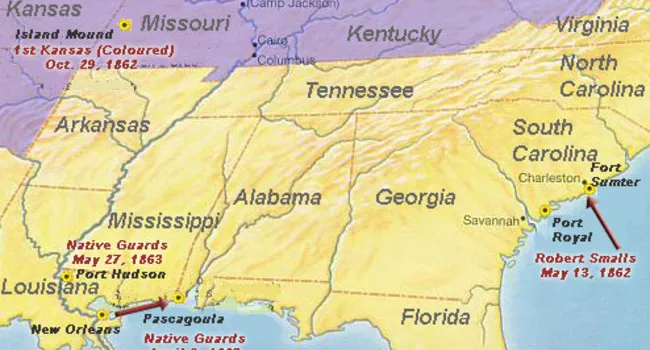
Audio
Dr. Walter Edgar speaks to Dr. Thavolia Gylmph, Duke University, about the Port Royal Experiment in Beaufort, South Carolina.
Audio
Walter Edgar and Dr. Stern analyze the long-lasting and prosperous relationship between Mary Chesnut, and her husband, James.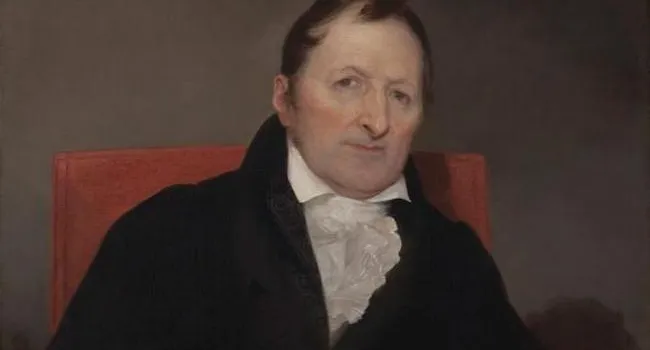
Audio
With the invention of the “Cotton Gin” by Eli Whitney, combined with methods we would today call “scientific plant breeding,” the cotton industry boomed in South Carolina, in the early 19th century...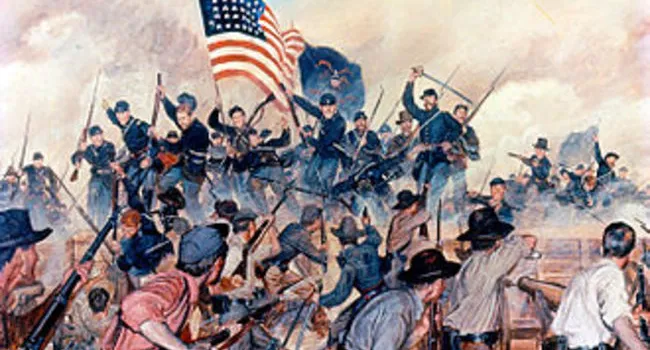
Audio
In this segment, Dr. Mark Smith discusses tastes, and what people typically ate during the Civil War. He uses Vicksburg, and foods, as examples to illustrate this aspect of sensory history.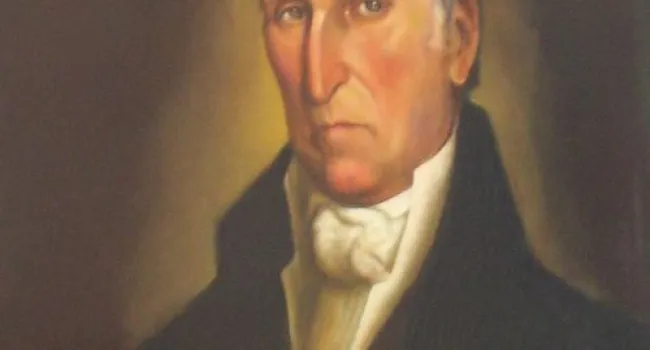
Audio
With the fall of Charleston at the hands of the British in 1780, the patriot militia officers in the area (including Pickens) laid down their arms and signed a parole, which meant that the person...